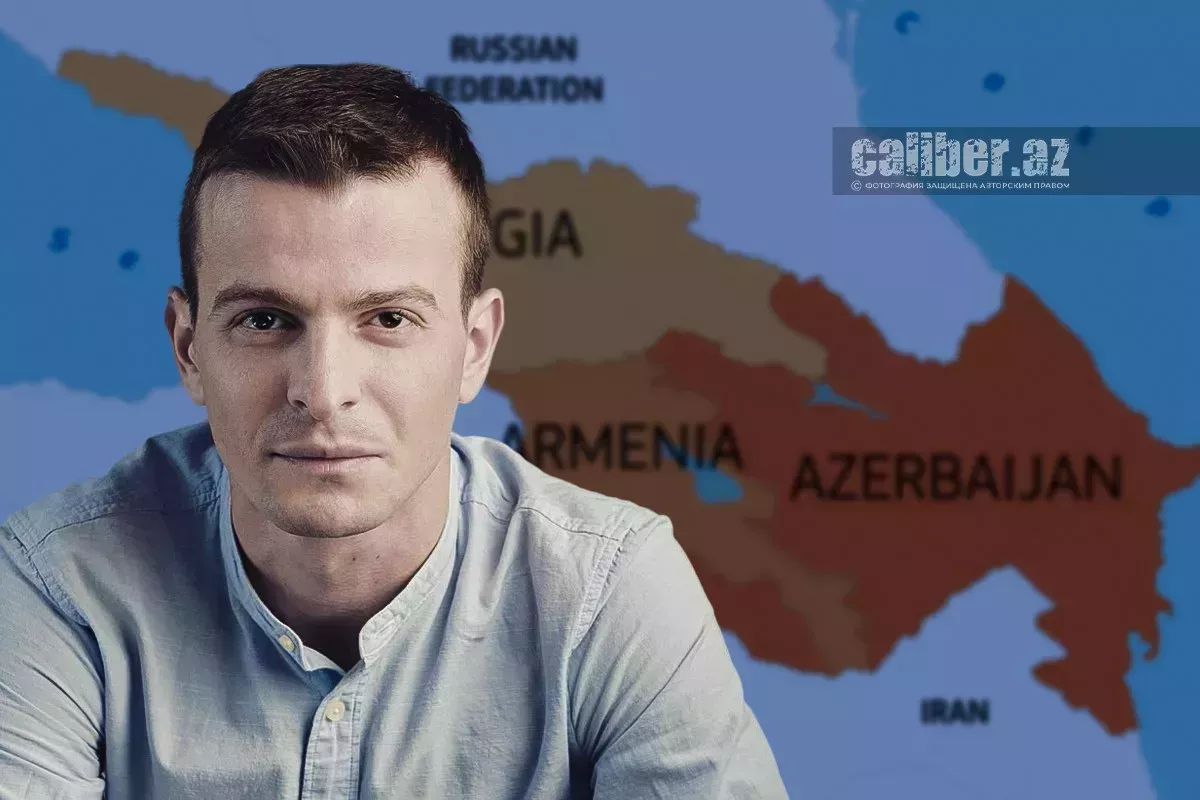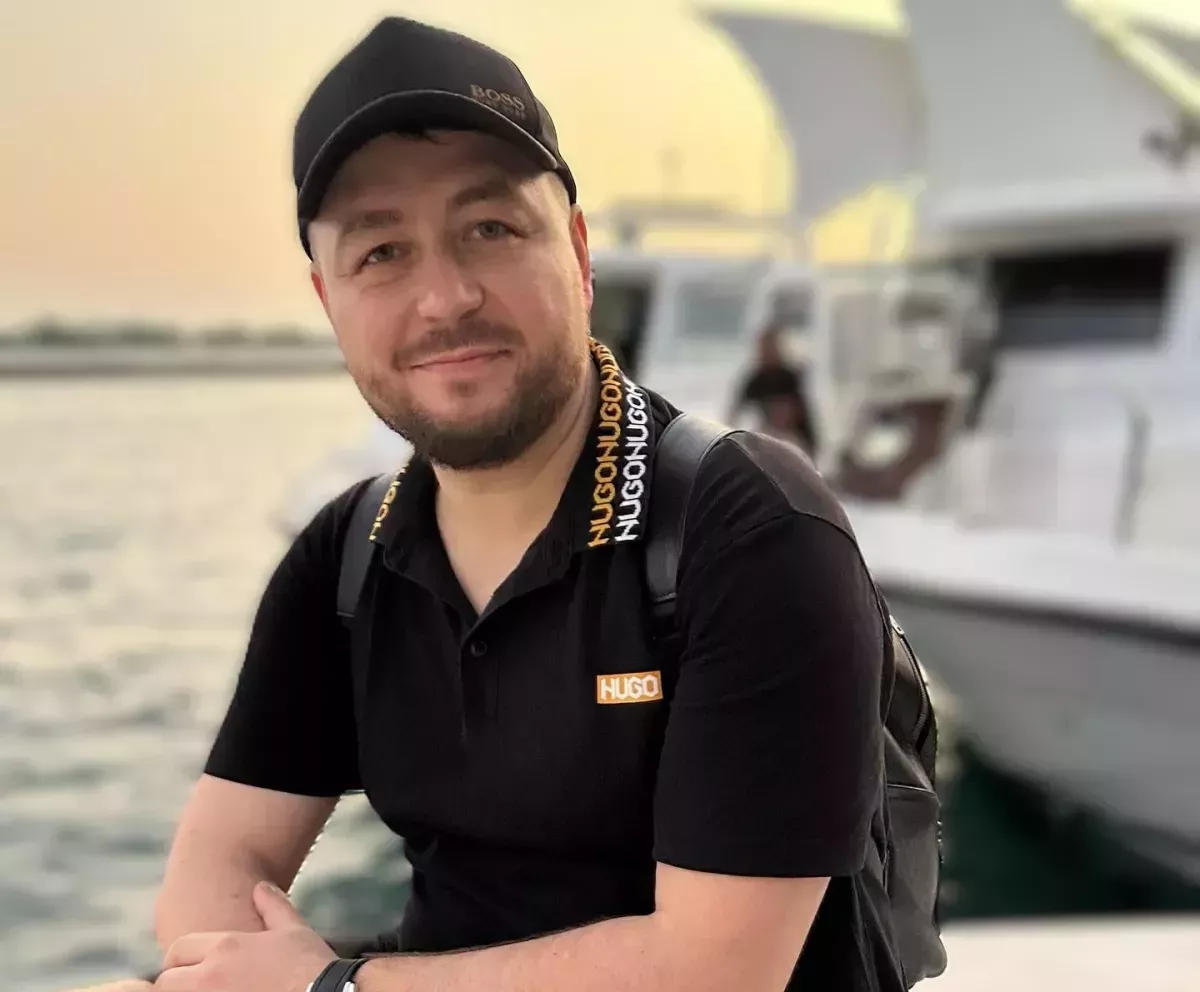Georgia and the “3+3” format: what will Tbilisi decide? Expert opinions on Caliber.Az
The agreements reached between Baku and Yerevan in Washington, as well as other successes of Azerbaijani diplomacy—clearly demonstrated by President Ilham Aliyev’s participation over the past few days in such high-profile forums as the European Political Community summits, the Organisation of Turkic States, the CIS Heads of State Council meeting in Dushanbe, and the Middle East Peace Summit—indicate that Baku has established a system of geopolitical balance that combines both principles of effective economic development and a carefully designed regional security framework.
Overall, a new era of major changes is emerging in the South Caucasus, where the unlocking of communications and transit trade zones, along with cooperation with Europe and the United States, will play a key role.
Various countries—including regional actors—are showing interest in engaging with this new reality, especially since platforms for close regional cooperation already exist. One example is the “3+3” format, which involves active economic cooperation in the South Caucasus and is being promoted by Baku, Yerevan, Türkiye, Iran, and Russia.
But how does Georgia view the development of broader connections in the context of interregional cooperation—a country whose activity also affects a number of regional processes?
Caliber.Az asked Georgian political scientists and experts to answer this question.

Expert in international relations Giorgi Gogua noted that public opinion in Georgia—especially over the past two decades—has increasingly leaned in a pro-Western direction. The European model of socio-economic well-being has become an aspirational reality for many Georgian politicians and experts. The country’s path toward integration with Western institutions has been part of a demanding and energetic political effort.
"A new generation of Georgians, no older than 30–35, born in independent Georgia, is captivated by European ideals. Indeed, what could be better than a state that respects and protects the rights and freedoms of its citizens, whose political leadership (technocrats) cares about the country’s economic development?
Events in Georgia over the past five to six years have unfolded dramatically. Today, Euroscepticism and Euro-optimism have effectively divided the population into two camps. The older generation, which idealises the Soviet way of life—where social well-being was a key goal of the political system—views the European Union as a serious threat to cultural balance and national identity. The new generation, which maintains an optimistic view of the West, sees the Soviet system as evil and as a tool of oppression.
In reality, the confrontation between conservative and liberal views in Georgia is exaggerated. The Soviet system was not so bad as to warrant criticism of all its achievements, and a European orientation does not imply an unconditional rejection of conservative values or the loss of ethnic identity. It is important to promote dialogue within a divided society, find points of common ground, and agree on the path Georgia should follow," the political analyst stated.
Regarding the issue of cooperation, he believes that regional partnerships and dialogue among neighbouring states are very important for ensuring long-term and sustainable peace in the region.
"Georgia, along with Azerbaijan, Armenia, and Türkiye, is ready to participate in all significant projects that will bring prosperity and economic development to the South Caucasus. As for Georgia’s joint engagement in this dialogue with Russia, that is not feasible at this stage. For the Georgian side to fully participate in the ‘3+3’ format, clear agreements between Tbilisi and Moscow on the issues of South Ossetia and Abkhazia must first be reached. Only then would it make sense to cooperate with Russia in various formats," Gogua concluded.

In turn, analyst Arkadi Nozadze believes that Georgia is preparing for significant engagement within the framework of the new regional order and cooperation in the South Caucasus with Baku and Yerevan. For Tbilisi, this opens up substantial opportunities despite some political turbulence in the country.
"A certain political instability—largely caused by numerous unresolved social issues—undoubtedly affects Georgia’s activity in major regional and interregional projects. Unfortunately, the Georgian opposition cleverly manipulates the votes and sentiments of the poorest segments of the population, calling for protests. As a result, there are signs of economic stagnation, further reinforced by the fact that in the past, the EU actively funded Georgian opposition NGOs, mostly of a political nature, and these funds also influenced the country’s economic development. However, those times are gone, and I consider this an important signal for Georgia—it is time now to start developing roadmaps for cooperation with regional countries.
Baku and Yerevan are preparing to reopen communications, and Türkiye is set to play an even more active role in the South Caucasus, especially once the flow of goods begins along the Zangezur corridor. Moreover, Tbilisi is focused on improving its relations with the EU and the US, and in this regard, Baku and its connections in Washington could be helpful. So, in the near future, Georgia will enter the game, and in my view, it is important that this ‘engagement’ be comprehensive rather than piecemeal. The ‘3+3’ format is, in principle, a universal platform for this kind of work.
I believe Tbilisi will seek some form of consensus with Russia on disputed issues, in order to resolve problems in state diplomacy and interstate relations, so that participation in such formats ceases to be a challenge for Georgia," Nozadze concluded.








